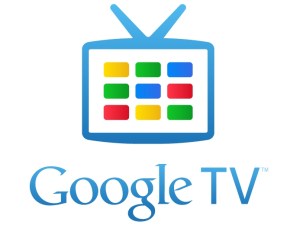
Google has been working on its Google TV platform for a couple of years, and while initial offerings may have landed in the consumer marketplace with a dull thud, the company is soldiering on with its efforts to marry the Internet with the living room television. Now, Google has taken what may be a major step in that direction, unveiling the Google TV Add-on for the Android SDK, which will enable Android developers to start adapting (or creating) applications for Google TV. Unleashing tens of thousands of Android app developers on the Google TV platform may help spawn an ecosystem—even if devs find mobile apps don’t always make a good one-to-one port to televisions.
“These are still early days for Google TV, and this release is another step in providing developer tools for the big screen,” wrote Google TV product manager Ambarish Kenghe, in Google’s Android Developers blog. “While the number of apps available on TV will initially be small, we expect that through this early release of the add-on you’ll be able to bring optimized TV apps into the ecosystem more quickly.”
The carrot Google is dangling in front of Android developers is access to the Android Market: with an operating system upgrade to Honeycomb, Google TV devices will be Android-compatible and (in theory) capable of running a wide range of Android apps. Of course, most Android apps are developed for smartphones—and some for tablets—and few of those are likely to succeed on Google TV without modification. For instance, Google TV won’t have touchscreen input, so apps that require touchscreen input will be automatically excluded from a Google TV device’s view of the Android Market. Google is also recommending Google TV apps get optimized for D-pad navigation, designed with an eye towards being viewed from 10 feet away, and other changes: Google has published some UI guidelines to help developers get started. The Google TV Add-on doesn’t support all Google TV features, but does enable developer to emulate much of Google TV on Linux with KVM—which may save devs the trouble of finding a suitable Google TV hardware unit. Google says it’s working to bring emulation to other operating systems.
Editors' Recommendations
- A new Google Pixel Tablet is coming, but it’s not what you think
- The most common Google Pixel 8 problems and how to fix them
- Android 15 release date: When will my phone get the update?
- How to download the Android 15 beta right now
- Google just released the first Android 15 beta. Here’s what’s new